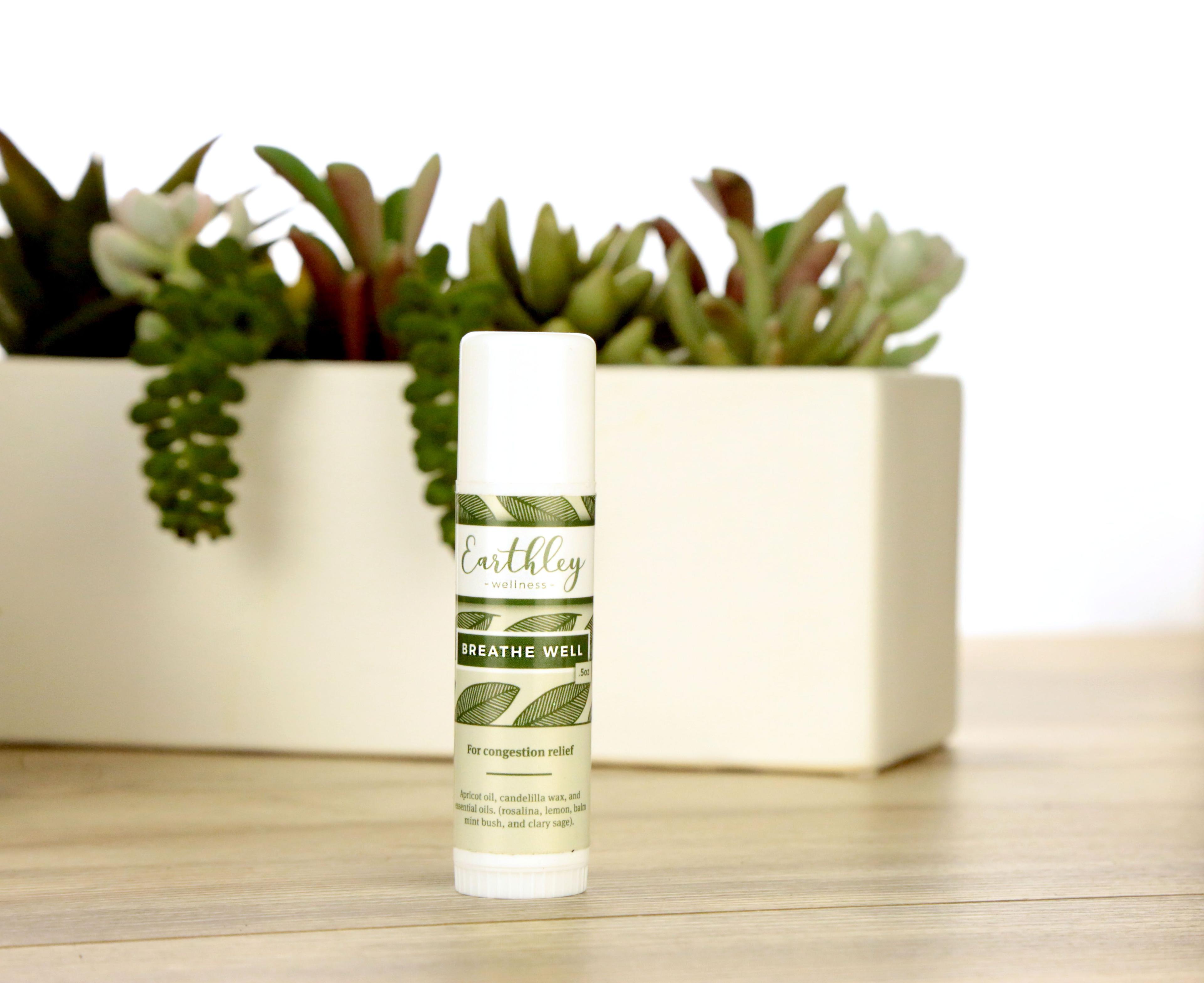DIY Herbal Sinus Rinse
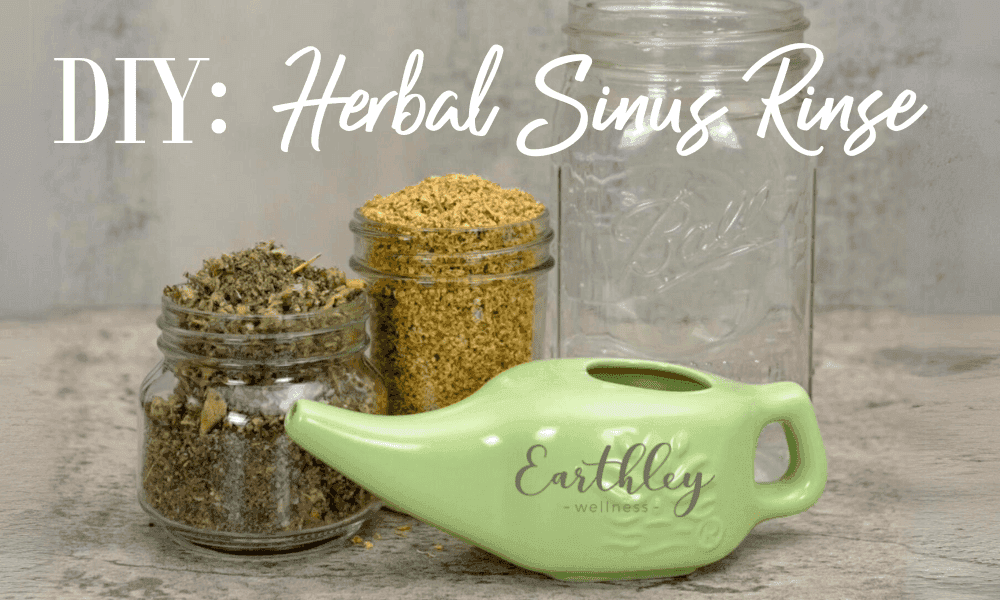
Whether you’re struggling with allergies, sickness, or a sinus infection, there’s nothing like waking up in the morning with a nose so stuffy you’ve turned into a mouth breather overnight!
Herbal sinus rinses are a great remedy along with a neti-pot to ease the discomfort!
Benefits of the Herbs
Elderflower
Elderflower, like elderberry, comes from the Sambucus tree, a flowering plant from the Adoxaceae family. The most familiar type isSambucus nigra, also known as European elderberry or black elderberry, which usually grows up to 30 feet tall and has clusters of white or cream-colored flowers (elderflowers) with small bunches of tiny black or blue-black berries.
Sambucus nigra may support the immune system. The immune system protects the body from outside invaders, such as bacteria, viruses, fungi, and other toxins (1). When you support your immune system, you potentially support your body’s ability to fight off sickness such as a sinus infection. One study found that the Sambucus nigra polyphenols helped the rat’s immune defense by increasing the number of white blood cells (2). Additionally, Sambucus nigra has been used in folk medicine for centuries to treat influenza, colds, and sinusitis (3).
Mullein
Mullein is a biennial member of the figwort (Scrophulariaceae) family and has wide, flat petals that are usually yellow in the United States. The petals grow on a flower spike up to 8 feet tall, while the leaves stay near the ground. The tell-tale leaves are large and fuzzy (4).
Mullein leaves, flowers, and roots have been used for centuries to help coughs, bronchitis, asthma, and just about every respiratory issue under the sun. Mullein was traditionally used for tuberculosis (5). The flowers and leaves contain saponins that help rid the body of phlegm and mucilage, which soothes irritated membranes. Mullein is a natural expectorant that reduces inflammation and helps relax the muscles in the respiratory tract (6,7).
Native Americans often smoked the plant to cure asthma and used tea from the roots to calm coughs. Mullein holds expectorant and demulcent effects, which accounts for this herb’s documented use as an antidote for the respiratory tract (8).
Herbal Sinus Rinse
Ingredients & Materials:
- 2 cups filtered water
- 1 tsp. elderflower
- 1 tsp. mullein
- 1/4 tsp. non-iodized salt
- Neti Pot
Directions: Step 1: Bring your filtered water to a boil. Step 2: As your filtered water is coming to a boil, add the herbs and non-iodized salt to a mason jar. Step 3: When your filtered water has reached a boil, add it to the mason jar covering the herbs. Allow steeping for 10 minutes. Step 4: Strain the herbs through a cheesecloth or coffee filter, ensuring no plant residue is left in the tea. Step 5: Add the tea to the neti pot and use it as usual. If you’ve never used a neti pot, check out our blog, Everything You Need to Know About Neti Pots, for full usage instructions. Note: Fresh tea grows bacteria, so be sure to use the tea within 24 hours and discard all leftovers. Sources:
1 https://www.hopkinsmedicine.org/health/conditions-and-diseases/the-immune-system
2 https://www.rombio.eu/rbl1vol16/17%20Badescu.pdf
3 https://pubmed.ncbi.nlm.nih.gov/15080016/
4 https://www.friendsofthewildflowergarden.org/pages/plants/mullein.html
5 https://www.ncbi.nlm.nih.gov/pmc/articles/PMC2952292/
6https://www.researchgate.net/publication/308991417_Assessing_the_Effectiveness_of_Mullein_on_Respiratory_Conditions_Such_as_Asthma
7 https://www.ncbi.nlm.nih.gov/pmc/articles/PMC3350428/
8 https://wa.kaiserpermanente.org/kbase/topic.jhtml?docId=hn-2133009
Find what you need below!
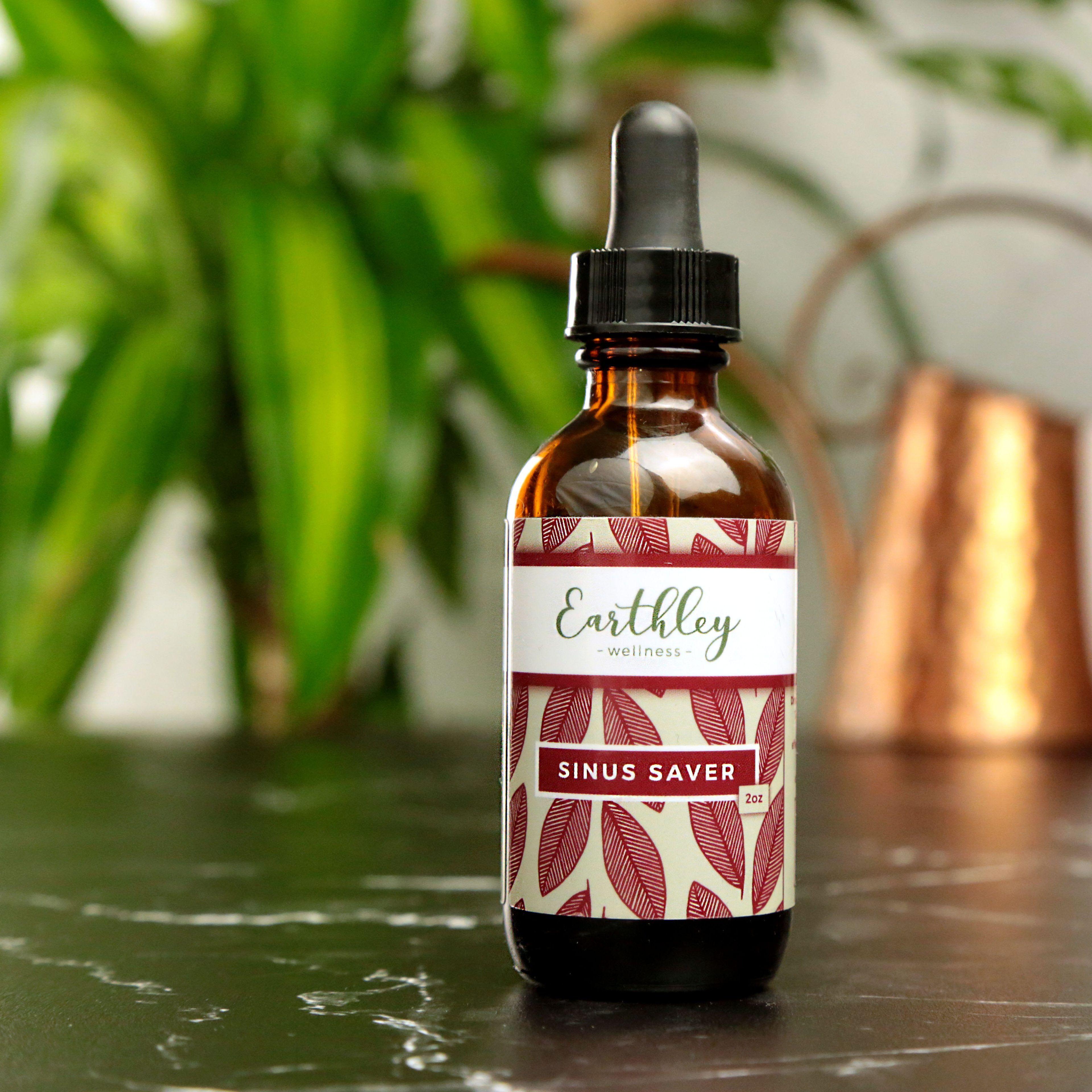
For seasonal allergies and sinus troubles
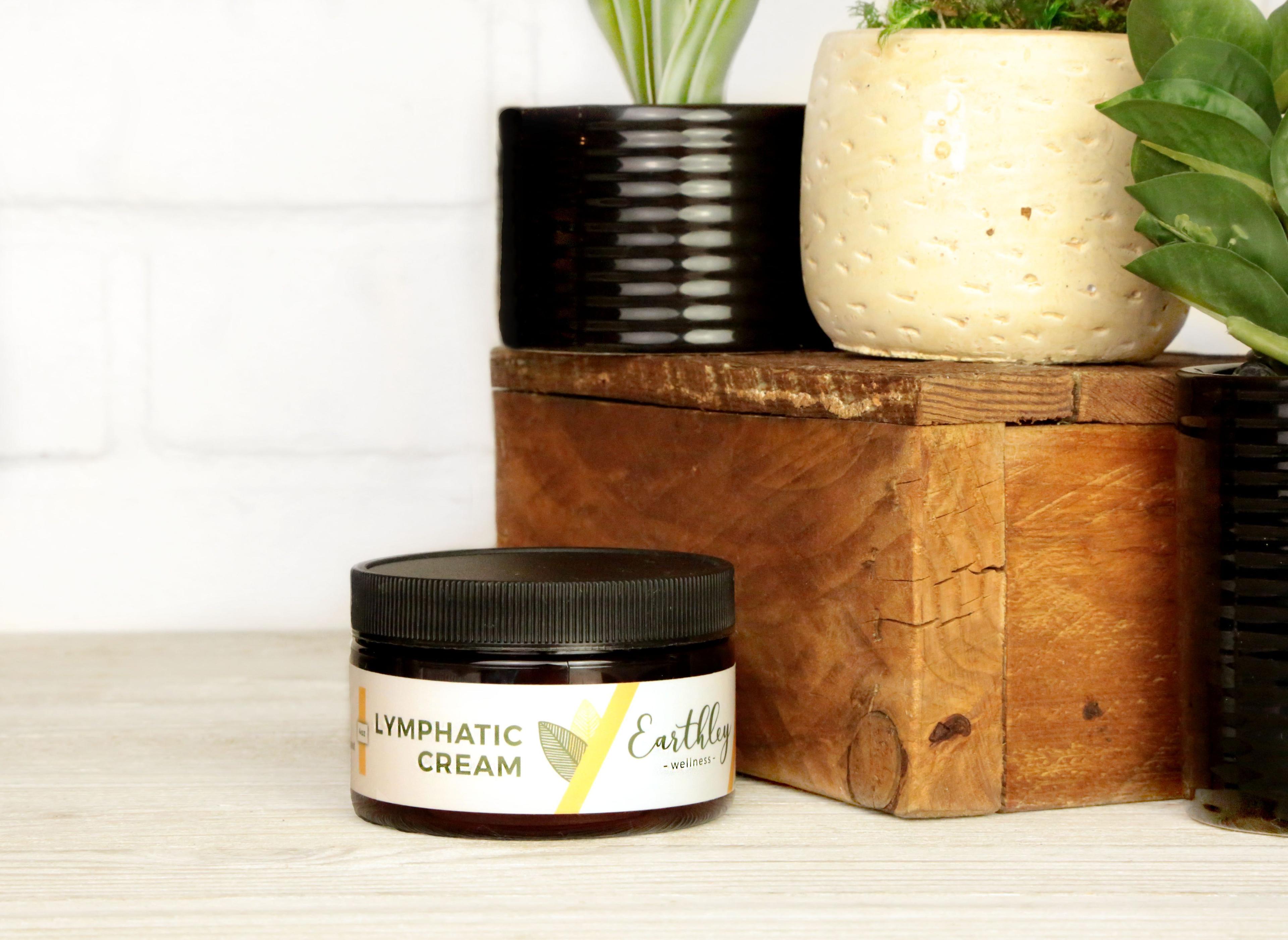
To promote a healthy lymphatic system.
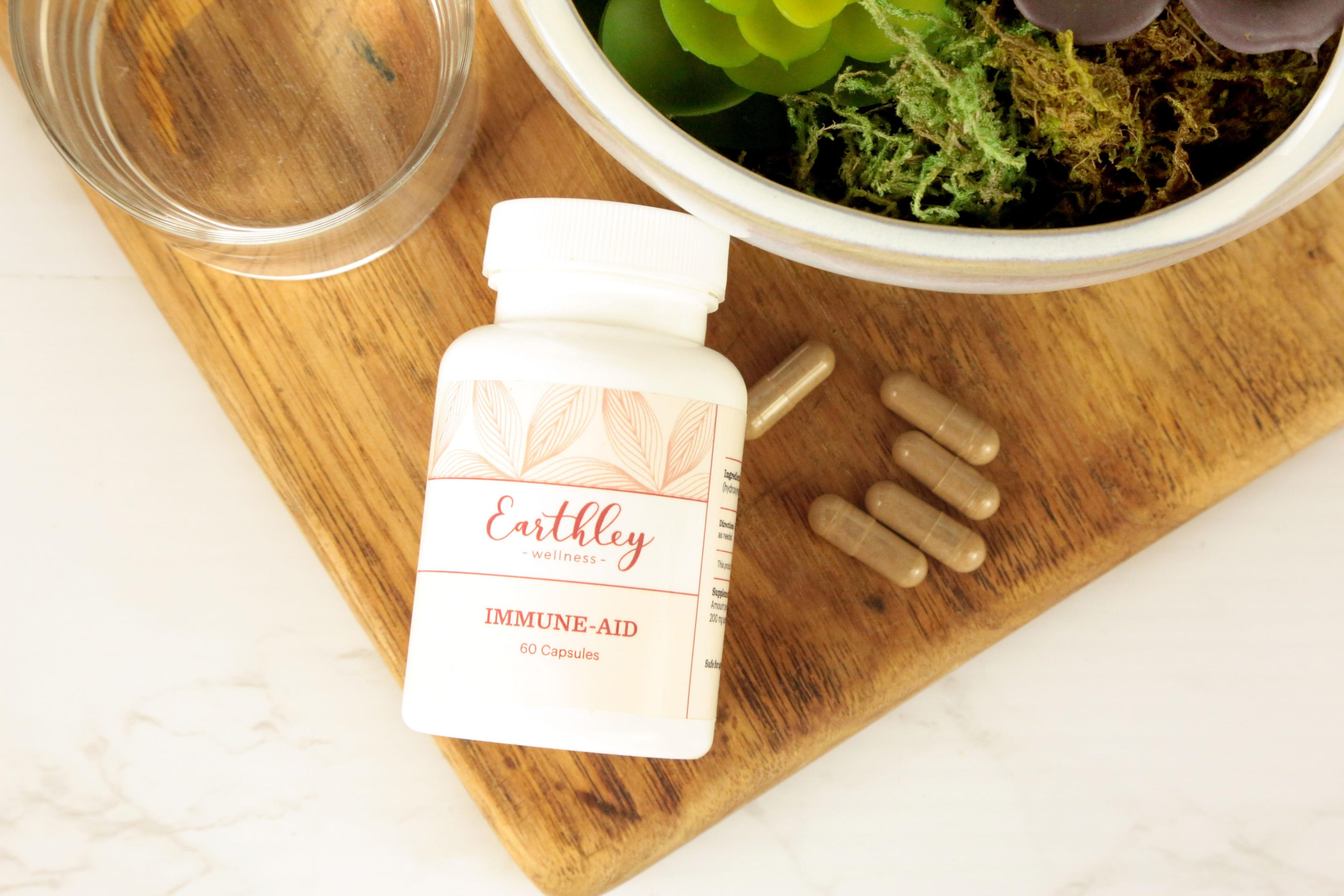
A super food vitamin C source
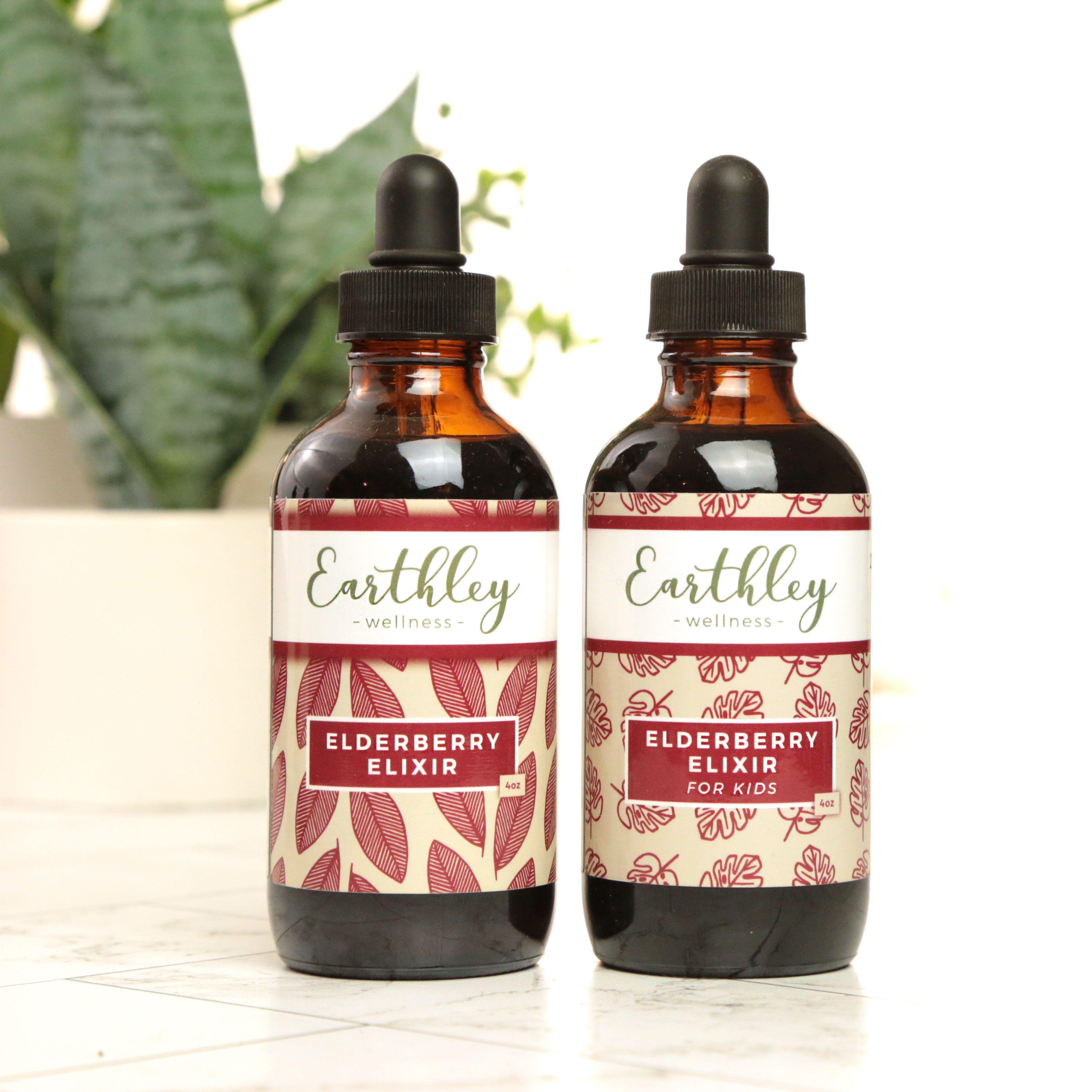
For general immune support and cold symptoms
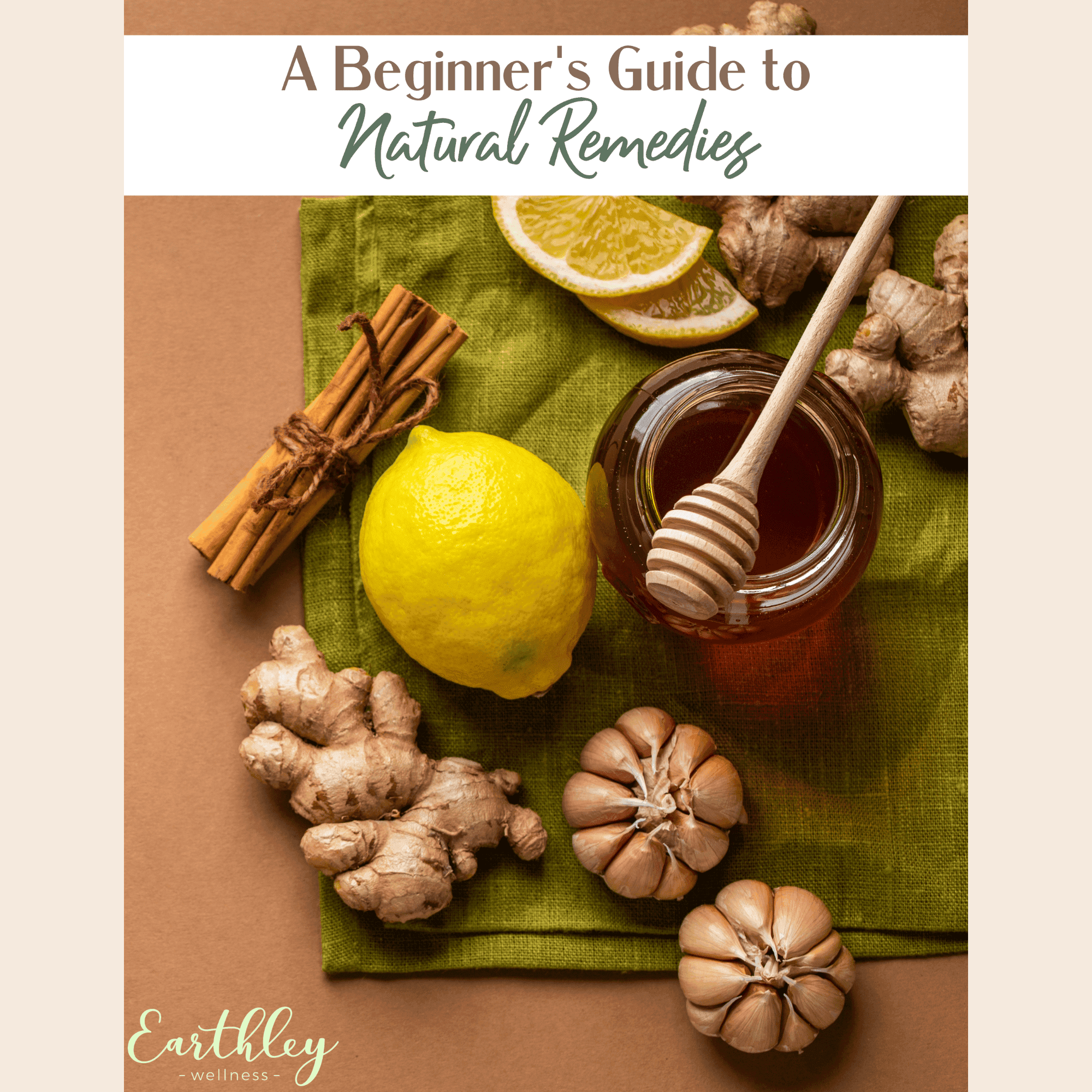
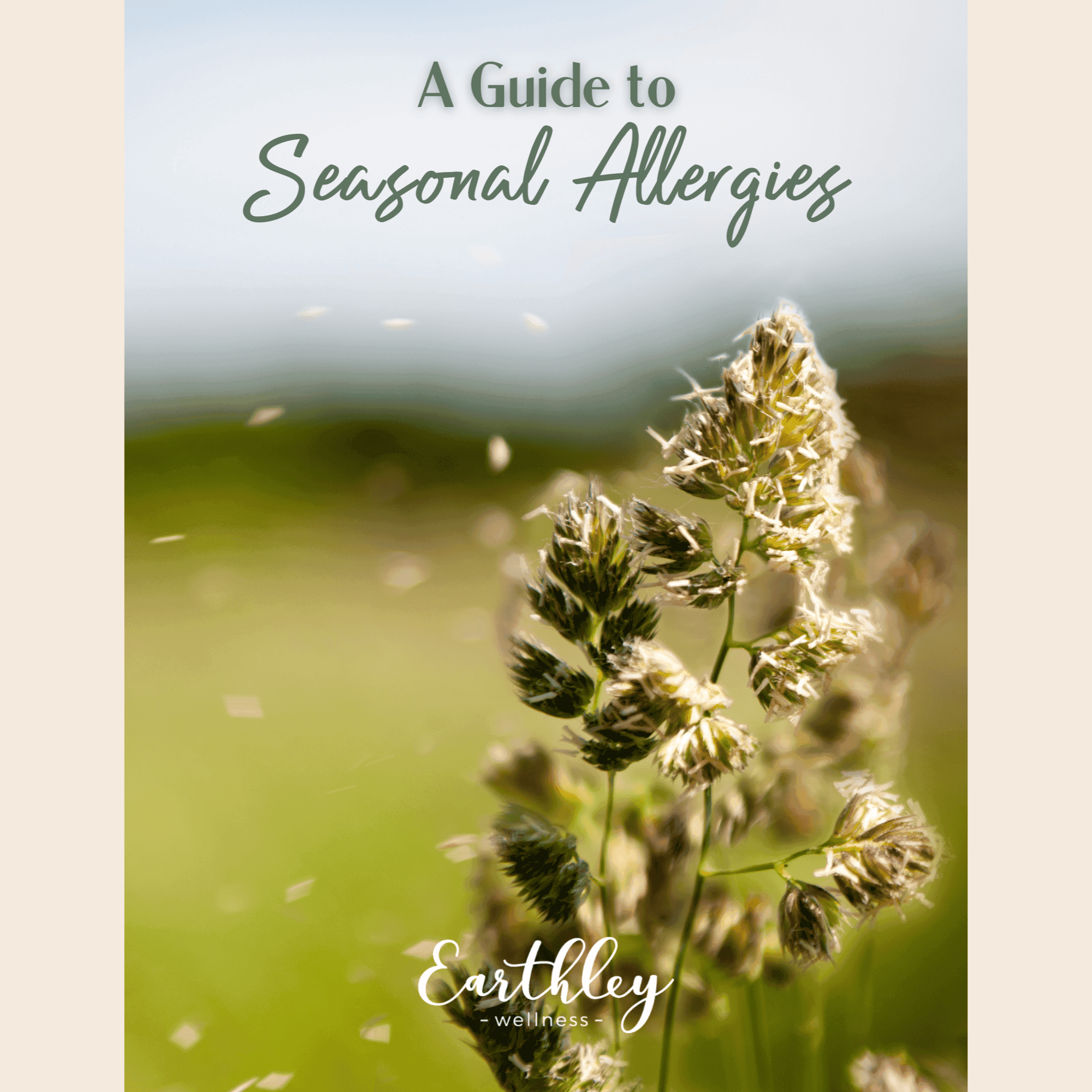
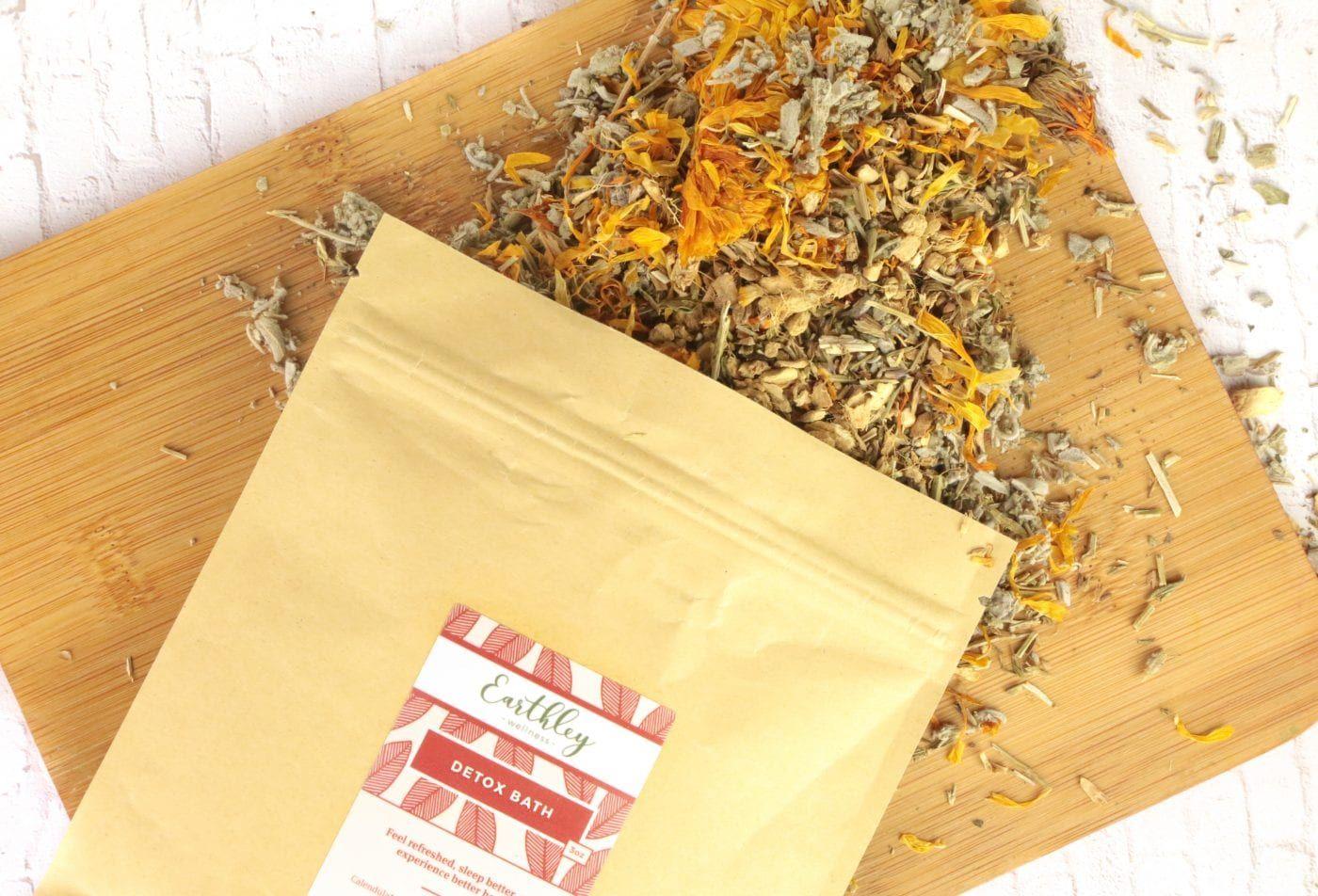
To support liver and lymphatic health
